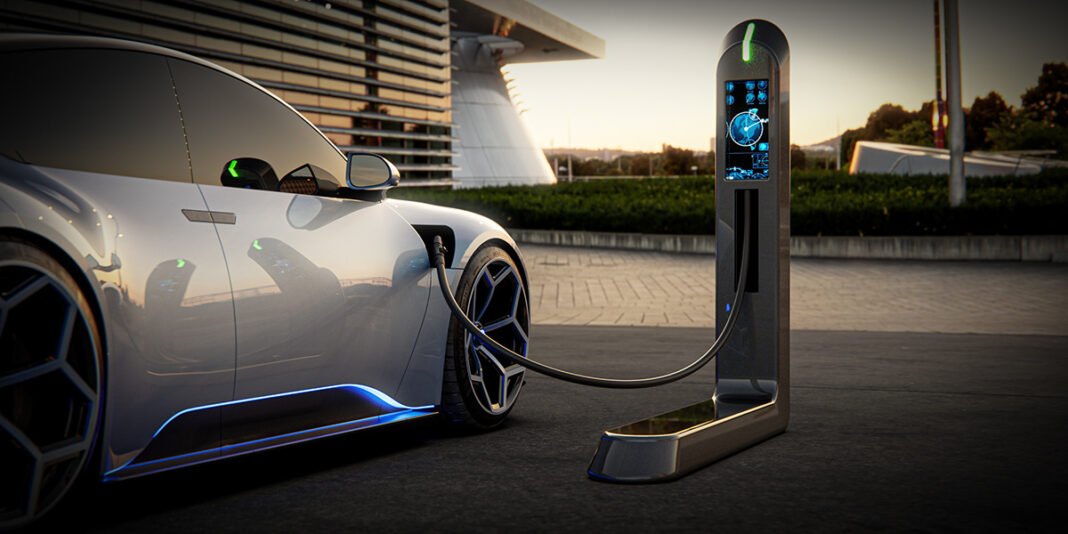The UAE wants to see more electric cars on its roads. By 2050, the goal is for 50% of all vehicles to be electric. Right now, electric cars make up only 6% of new car sales. Experts say this number must grow much faster to meet the target. Without major changes, the country may struggle to reach its goal.
By 2030, electric cars are expected to be 15% of total vehicles. This means the UAE must triple this number by 2050. To make this happen, the country needs strong policies, more charging stations, and better consumer awareness.
Dubai has already started offering benefits to electric car owners. The Roads and Transport Authority (RTA) gives free parking in certain areas for two years. Owners also get a free Salik tag when registering their vehicles. In the past, people who signed up for the DEWA EV Green Charger Initiative could charge their cars for free.
However, incentives alone may not be enough. Many people still do not know much about electric cars. They have questions about battery life, charging, and long trips. Some people worry about where to find charging stations. Others are unsure if electric cars are better than gasoline cars. The phrase “more electric cars” is key to solving these challenges.
Saudi Arabia is moving faster with electric car policies. The country is investing in charging stations and setting rules for car companies. By 2030, electric cars will make up over 30% of new sales there. This is double what the UAE expects to achieve.
Kevin Chalhoub, CEO of EV Lab, believes more electric cars will appear on UAE roads if the government adds special EV lanes. His company lets people test-drive electric cars before buying them.
Tesla currently sells the most electric cars in the UAE. The brand controls 55% of the market, thanks to its exclusive charging network. But other companies are catching up, including BYD, a Chinese brand used by many ride-hailing services.
The UAE does not produce electric cars yet. It relies on imports from the US, Europe, and China. Building factories in the UAE could lower costs, create jobs, and help meet the goal of more electric cars.
Another problem is charging station availability. PwC estimates there will be only 10,000 public chargers by 2035. Right now, most chargers are in Dubai, leaving other areas behind. ADNOC and TAQA plan to install 70,000 charging stations by 2030. If new buildings must include chargers, this could help.
Electric cars are cheaper to maintain than gasoline cars. They also cost less per kilometer. Many drivers prefer them because they save money in the long run. Governments in Europe offer tax breaks to encourage more electric cars. If the UAE follows this strategy, adoption could speed up.
More electric cars would help the environment and improve air quality. Younger generations are more aware of climate change and support sustainable transport. The UAE’s goal is ambitious, but with the right steps, it can become a leader in electric mobility.





